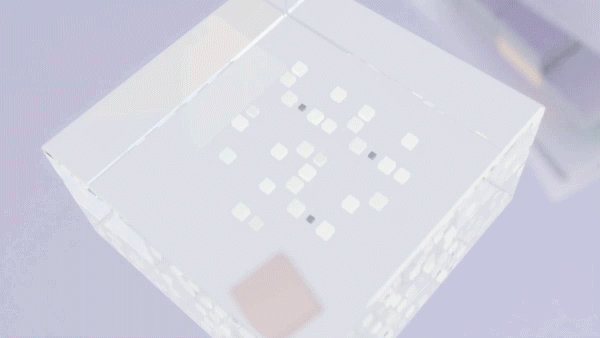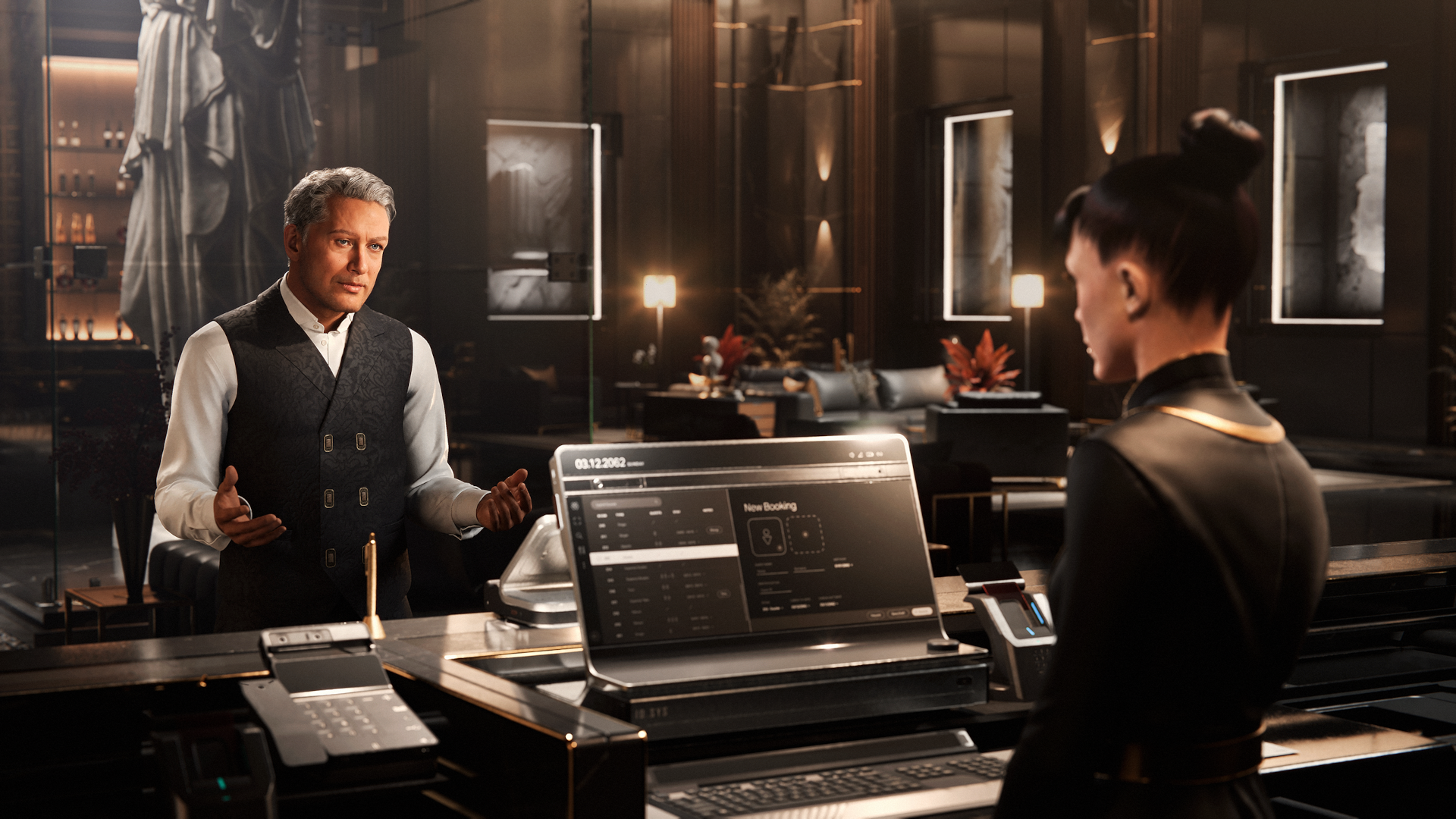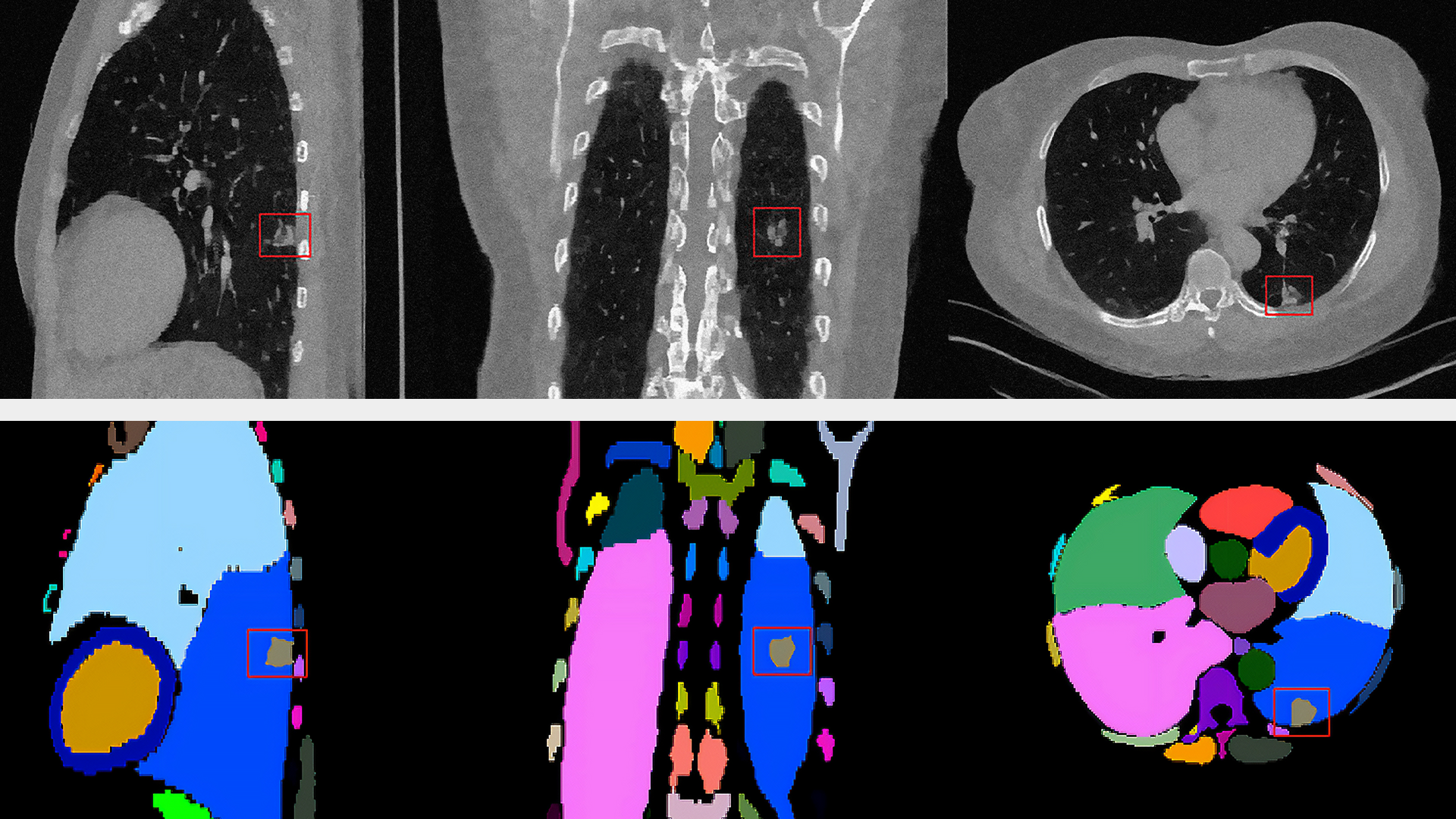Developers at Wayve, a UK-based startup, recently taught a car to perform autonomous vehicle functions from scratch in under 20 minutes, resulting in the first application of reinforcement learning on a full-sized autonomous vehicle.
“In order to make autonomous driving a truly ubiquitous technology, we advocate for robotic systems which address the ability to drive and navigate in absence of maps and explicit rules, relying – just like humans – on a comprehensive understanding of the immediate environment while following simple higher level directions (e.g., turn-by-turn route commands),” the startup wrote in a research paper.
Using a reinforcement learning-based architecture, with four convolutional layers, three fully connected layers, and 10k parameters, the team trained their system to successfully follow a lane. The only feedback the neural network received is when the safety driver took over the wheel.
“The vehicle’s drive-by-wire automation automatically disengages if the safety driver intervenes, either by using vehicle controls (brake, throttle, or steering), toggling the automation mode, or pressing the emergency stop,” the developers said.
The team used an onboard the NVIDIA DRIVE PX2 AI platform for all of their training and calculations.
“We built a simple simulated driving environment where we experimented with reinforcement learning algorithms. The parameters found transferred amicably to the real-world, where we rapidly trained a policy to drive a real vehicle on a private road, with a reward signal consisting only of speed and termination upon control driver taking control.” the team said.
While this is not training a car to self-drive in just 20 minutes, the work illustrates the incredible power of AI, and its ability to quickly learn specific tasks. With additional training data, ultimately self-driving cars based on the DRIVE platform will become fully autonomous, operating with superhuman levels of perception and performance.
The company recently published the video above as well as a new paper on ArXiv describing the method.
Read more >
Teaching a Self-Driving Car to Follow a Lane in Under 20 Minutes
Jul 12, 2018
Discuss (0)

Related resources
- GTC session: Reward Fine-Tuning for Faster and More Accurate Unsupervised Object Discovery
- GTC session: Accelerating the New Era of Autonomous Vehicles With Generative AI
- GTC session: Accelerating the Shift to AI-Defined Vehicles
- SDK: DRIVE Constellation
- Webinar: Accelerate AV Development with DGX Cloud and NVIDIA AI Enterprise
- Webinar: Exploring Efficient Tools for Autonomous Vehicle Development and Tuning









